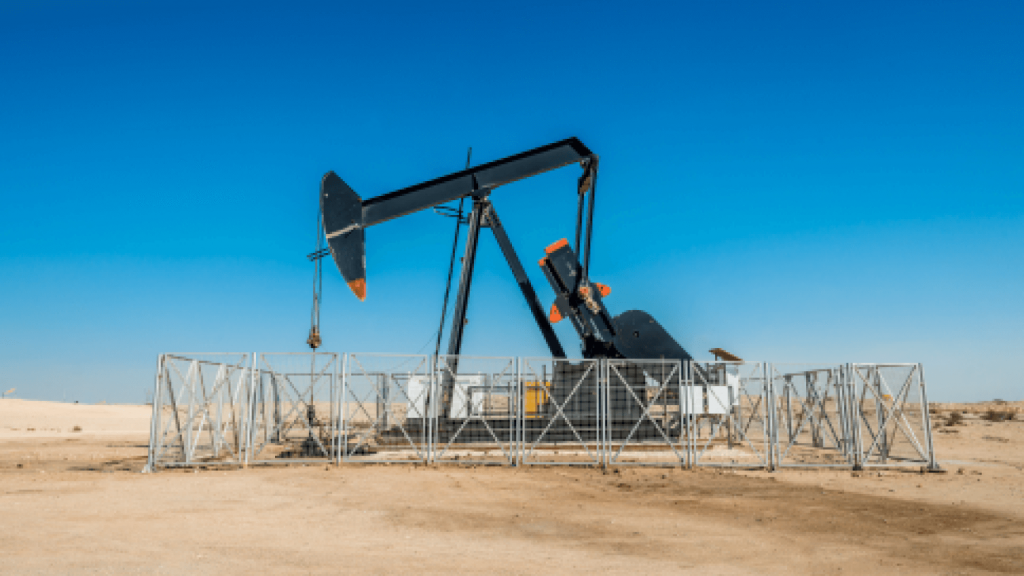Saudi oil attacks: what’s the impact on the UK energy market?

On Monday, oil prices shot up by nearly 20% after two attacks on Saudi Arabian facilities on Saturday knocked out more than 5% of the world’s supply.
Brent crude, the international benchmark used by oil traders, jumped to $71.95 a barrel at one point, but gains fell as US President Donald Trump authorised the release of US reserves.
The outage is expected to initially last for several weeks, but a full recovery may take months.
At the start of Monday, prices rose by as much as 19.5%, the largest intraday gain since the Gulf War in 1991. Prices have since settled since the US’s intervention to a 9% increase (from Friday’s close of $60.22 to $65.50 at the time of writing).
What’s the impact on the UK energy market?
• From an electricity perspective, we have already seen the costs of all forward power contracts move upwards by 2% on Monday morning. For example, the contract for Winter 2019 has increased from £54.90 to £55.90.
• Oil costs are factored into the UK’s gas imports via LNG, thus increasing the price of shipments. The UK is expecting to receive 5 LNG cargoes over the next two weeks.
• EU ETS, otherwise known as carbon costs, are also closely associated to the oil market as the price of oil is indicative to how active manufacturing sectors are. Carbon contacts have risen to €26.79.
While higher oil prices are only expected to have limited immediate impact on consumers, the longer the outage lasts, the greater risk there is of higher costs being reflected by the energy markets.
What does this mean for businesses?
General advice is similar across the two differing types of energy contract:
Fixed contracts – Businesses may consider signing a contract as soon as possible to prevent any further risks, especially during this period of high geopolitical tension. If you are looking at your April 2020 renewal, prices should decline as the market settles after overreacting.
Flex contracts – If you have any open volumes for Winter 19, consider hedging them as soon as possible, for the same reasons as the fixed contract. If you had Summer 2020 left unhedged, the substantial gains in the short term should come off by the time Summer 2020 is scheduled to begin, but it won’t be a comfortable wait as prices may take a while to come back down.
If you are on a rolling contract or on out-of-contract rates, your initial fees are going to be substantially higher over the next few months. It is advised to enter a fixed contract, at least for the short term (6 months to a year) to remove any further risks.
A look at the bigger picture
Although fundamentally the UK is well supplied, as we have seen this week from somewhat of a “perfect storm” in conditions, sentimental drivers can significantly change the landscape of the market. The attacks on Saudi Arabia’s production is just one of several significant factors that has influenced the market in recent days. For instance:
• Part of EDF’s French nuclear fleet expected to be shut down for repairs after it emerged that several reactors were not fit for purpose.
• The announcement of Groningen’s closure 8 years sooner than anticipated has influenced costs in the further out curve. Groningen, in the Netherlands, is the largest European Gas field and supplies all of Europe with natural Gas. The date for closure was brought forward because of a 3.4 magnitude earthquake that occurred on May 2019.
• Europe’s top court on Tuesday overruled an EU decision allowing Russia’s Gazprom to ship more gas via the Opal gas pipeline, which links its Nord Stream pipeline to Germany. This caused Gazprom to reduce output by 20% this week, initially restricting supplies until it can find other means of transporting gas to Europe
Sign up for our daily energy market report
Did you find this content useful? Keep track of the latest fluctuations in prices by signing up to our Daily Energy Market Report.


